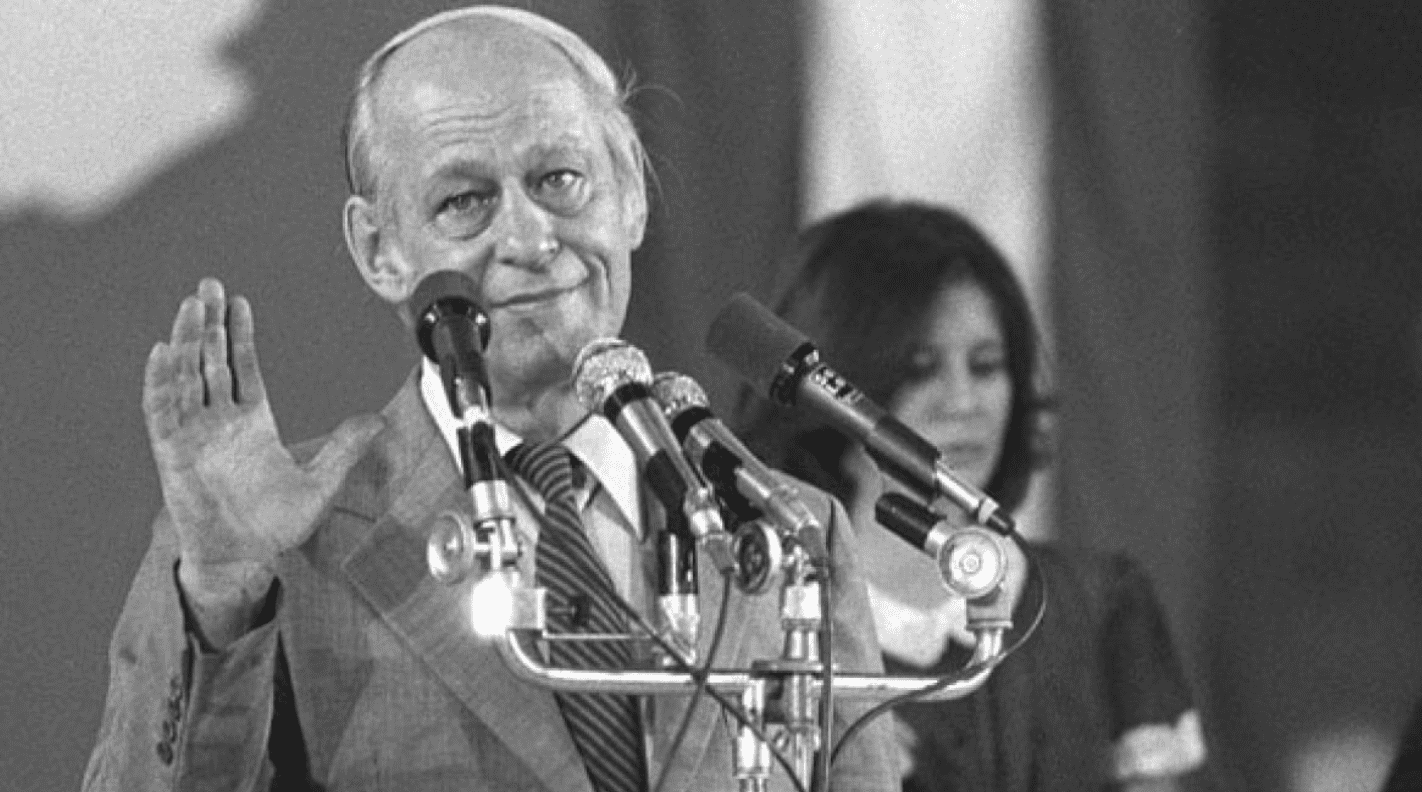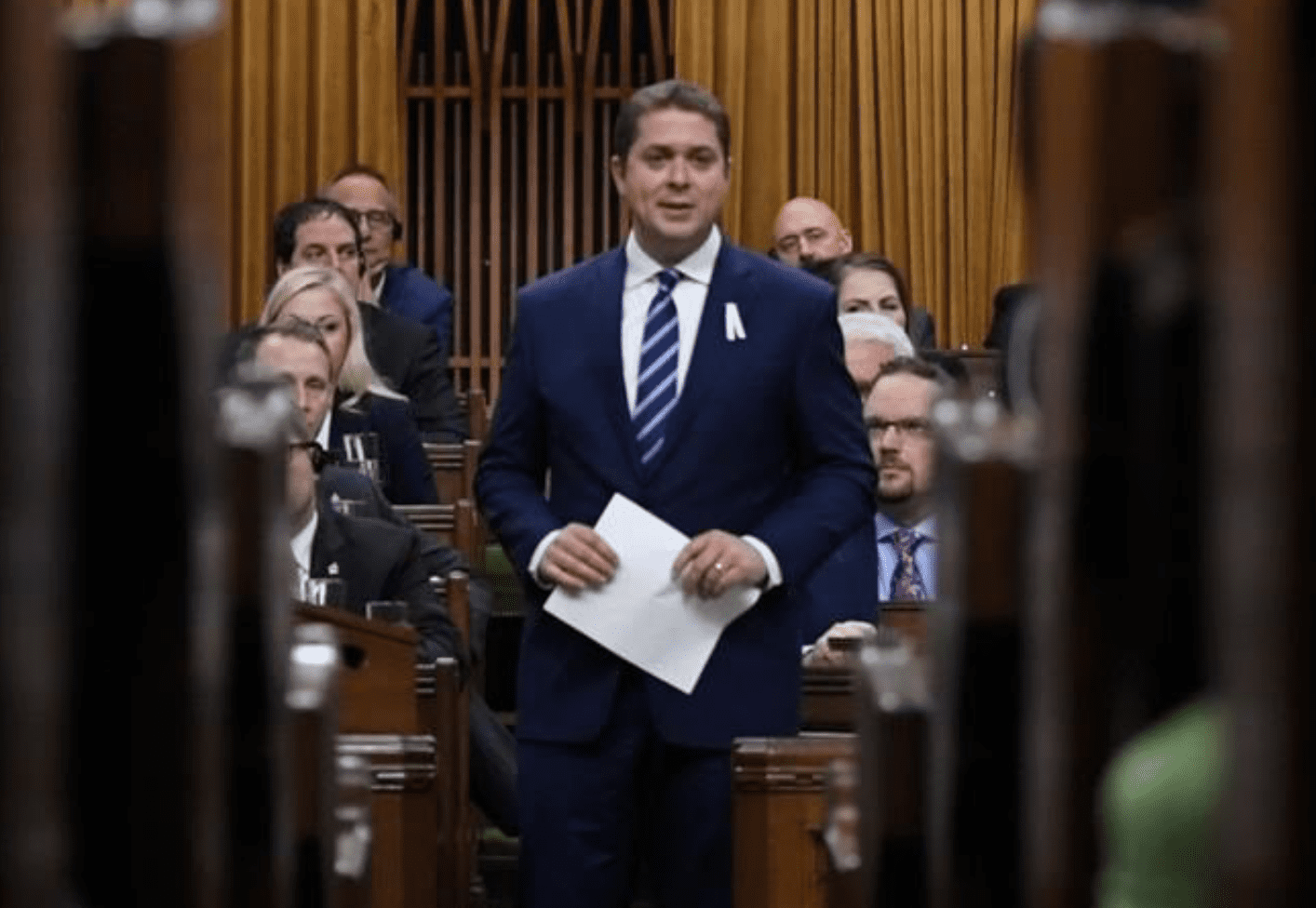Against the sweeping passage of time and the momentous events in world history, the Canadian experience is often deemed dull and dreary; unexciting and uneventful.
It is a rather unfortunate misconception that pervades the mindset of far too many of our citizens.
Sure, Canadian history may lack (thankfully) the comparative violence and conflict rife in other countries. But that does not qualify it as boring.
In fact, this country's history is filled with countless nail-biting moments of suspense.
For instance, on this day, exactly forty years ago, Canada came perilously close to breaking apart.
On May 20, 1980, the province of Quebec held its first referendum on the question of sovereignty-association.
After years of mobilization and calculated deliberation, the Parti Québécois, under the formidable leadership of René Lévesque, finally set a date for a provincial wide vote to determine the future of both Quebec and Canada.
Rather strategically, the PQ government had postponed even just announcing the referendum question until after the results of the 1979 federal election had come through.
Once it was clear that Quebec's favorite son, the federalist champion Pierre Trudeau, had been defeated by Joe Clark and his Progressive Conservative Party, the PQ wasted little time in moving forward with their referendum plans.
Yet, fate had other plans in mind.
When Clark miscalculated the level of support his first budget would receive in a minority parliament, he set in place a chain of events for which he had little control.
His government subsequently lost a crucial vote of non-confidence, prompting an election be held after just nine months in office.
This twist of fate allowed Trudeau the opportunity to return from the political wilderness and face off against Clark in a rematch.
It was a good thing too.
As the Prime Minister responsible for implementing official bilingualism, as well as establishing "French Power" in Ottawa, Trudeau had won the respect and admiration of a great number of Quebecers. To separatists, however, he was a much-feared opponent, as well as a major hindrance to their dreams of an independent Quebec.
In contrast, the Alberta-born Joe Clark, had no comparable influence throughout the province. In the 1979 election, Clark and the Conservatives won only two of Quebec's 75 seats. As a result, the separatists were far more confident in the run-up to the referendum with Clark in Ottawa.
Their assuredness did not last long though.
In the 1980 election, Trudeau handily defeated Clark in the polls. He won his third majority government, complete with 74 of Quebec's 74 seats.
The battle lines were now drawn for an epic confrontation between two of Quebec's great champions the folksy and passionate Lévesque vs. the eloquent and confrontational Pierre Trudeau. And at stake was the very survival of the country itself.
If a majority of Quebecer's voted "oui" in support of sovereignty-association and all it included, including the province's "exclusive power to make its laws, levy its taxes and establish relations abroad" then the federal government almost certainly would have been obliged to negotiate such an agreement. Trudeau himself has stated that he would have been compelled to resign in the event of such an outcome, resulting in even more disarray and confusion.
Simply put, Canada as we know it may very well have ceased to exist.
Fortunately, Trudeau responded brilliantly to the separatist challenge.
For starters, he assigned the scrappy and resourceful Jean Chretien to lead Ottawa's federalist forces in Quebec. Under his direction, Claude Ryan, the provincial Liberal leader, gained a powerful and necessary new ally in the battle to win the hearts and minds of Quebecers.
In contrast the PQ stumbled badly, particularly after Lisa Payette, a high-ranking female cabinet minister in Levesque's government, foolishly mocked women for choosing to tend their kinds at home instead of taking to the streets for the separatist cause.
Still, the polls by no means assured victory to either faction. According to polls, the two sides remained neck in neck in the final weeks before the referendum.
Well, that is until Trudeau's crucial intervention into the campaign.
Upon retaking office, Trudeau had carefully chosen to limit his personal involvement in the referendum. He spoke only four times throughout the referendum campaign yet always with remarkable clarity and eloquence. In particular, his unscripted and impassioned speech at the Paul Sauvé Arena on May 14, in which he spoke about his pride in being both a Quebecer and a Canadian, marked the real turning point in the campaign.
Six days later, on May 20th, the night of the referendum, Trudeau and his federalist forces carried the day. With 60 per cent voting against sovereignty-association, Quebecers had clearly demonstrated their desire to remain a part of Canada.
Citizens across the county no doubt breathed a sigh of relief.
Crisis had been averted. Unity restored. And the grand project which is Canada would continue along; bruised and battered, perhaps, but very much still intact.
It was truly a remarkable, suspense-filled day.
And it all happened forty years ago today.
Now, whoever said Canadian history was boring?
Photo Credit: CBC News








